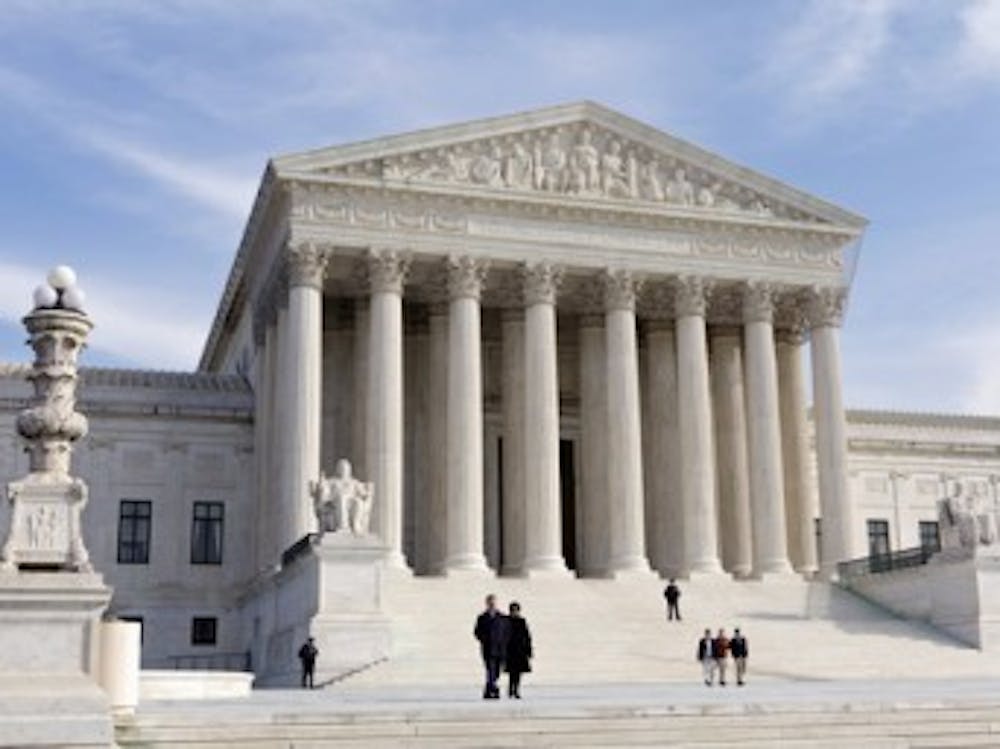By Hannah Haney | Echo
The Supreme Court has declined to restore a 2011 Indiana law preventing Planned Parenthood from receiving Medicaid funding. The law, HEA 1210, sought not only to cut off funding for abortions but also for other services Planned Parenthood offers, such as cancer screenings, STD treatments and women's health testing, according to Reuters.
The Seventh U.S. Circuit Court of Appeals ruled that HEA 1210 denied Medicaid beneficiaries the right to choose their own medical providers.
Existing laws prohibit government funding from being used for abortions, but organizations that perform abortions can use Medicaid funding for other purposes. In this case, however, Indiana argued that the qualifications to determine Medicaid funding were objective and tried to cut off all funding.
Planned Parenthood countered that the organization uses private funds for its abortion services and Medicaid for the everything else that it offers, according to Bloomberg.
"This has been a long fight, but one that has been worthwhile because we've been fighting on behalf of our patients and their access to lifesaving, preventive care such as Pap tests, breast and testicular exams, birth control and STD testing and treatment," Betty Cockrum, president and CEO of Planned Parenthood of Indiana (PPIN), stated on the organization's website.
This issue was heard before Seventh U.S. Circuit Court of Appeals in late October. The circuit court ruled that while Indiana had the authority to deny unqualified providers from Medicaid, the state could not deny providers for unrelated reasons, such as the fact that Planned Parenthood conducts abortions.
"Obviously, this is a troubling situation for many states which have a decidedly conservative Republican legislature and governorship," said political science professor Stephen King. "I would say that probably a good 20 to 25-plus states would fit in that category. (This case) may very well have some challenges to it."
PPIN currently provides medical care for more than 75,000 residents of Indiana. Around 9,300 of these patients are eligible for Medicaid, according to the PPIN website.
The case will now go to Tanya Pratt, United States district judge, who will decide whether or not to make the 7th Circuit Court of Appeals' decision permanent.
Read more about HEA 1210.




